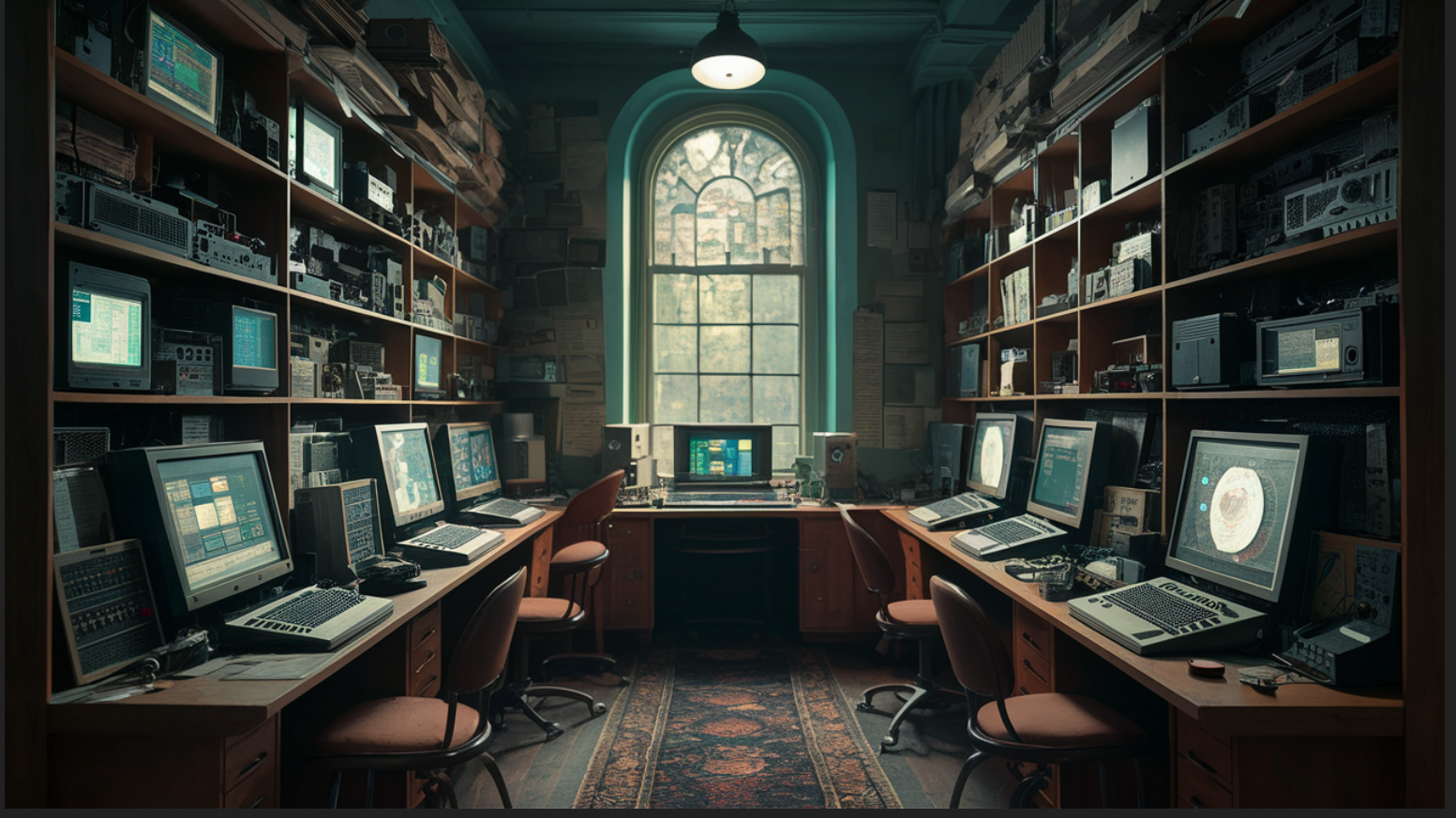The importance and challenges of cataloging digital cultural heritage
Thursday, June 13
11:00-12:00, UTC+1
https://utu.zoom.us/j/64175586829
Moderator
Mirosław Filiciak (in-person), GRADE WG3, Polish Game Heritage Catalogue
Panelists
Winfried Bergmeyer (on-line), European Federation of Game Archives Museums and Preservation Projects, International Computer Game Collection, Germany
Natalia Kovalainen (in-person), Embracer Games Archive, Sweden
Krzysztof ‘Kaz’ Ziembik (in-person), Polish Society for the Preservation of Technical Heritage, Atarionline.pl, Poland
Gaja Zornada (in-person), Computer History Museum in Ljubljana, Slovenia
Panel description
The culture of creative computing and its results are largely part of the so-called ‘born digital heritage’. If it is to be collected, made accessible and reused, documentation and cataloging are of crucial importance. The more precisely it is described, the easier it is to find. And the more standardized and open the metadata and exchange formats are, the better they can be linked to broader contexts and reused in social environments.
However, as the existing standards were developed on the basis of existing, non-digital cultural heritage, suitable complete solutions for born digital heritage are not available. In particular, born digital heritage such as video games is interactive and therefore has no authentic status as it is a process rather than an artifact.
Despite numerous adaptations of traditional data schemas and catalog formats to the internet by the traditional cultural heritage sector, especially libraries, there is still work to be done to meet the requirements for cataloging digital heritage.
EFGAMP, the association of European institutional game collectors, has launched an initiative to explore the status quo and fill the gaps based on what already exists and can be used for the description and exchange of digital heritage, if possible with an extension. Since games are the most complex born digital artifacts, any solution that works for games is also suitable for other digital cultures and artifacts.
The panel will give an introduction to the topic, an update on the status and an outlook on the EFGAMP initiative. Together we can discuss common areas of interest and consider further joint steps such as a future workshop.
The topic is especially interesting for working groups 2 ‘Institutionalizing Digital Grassroots’ and 3 ‘Digital Grassroots as European Cultural Heritage’

